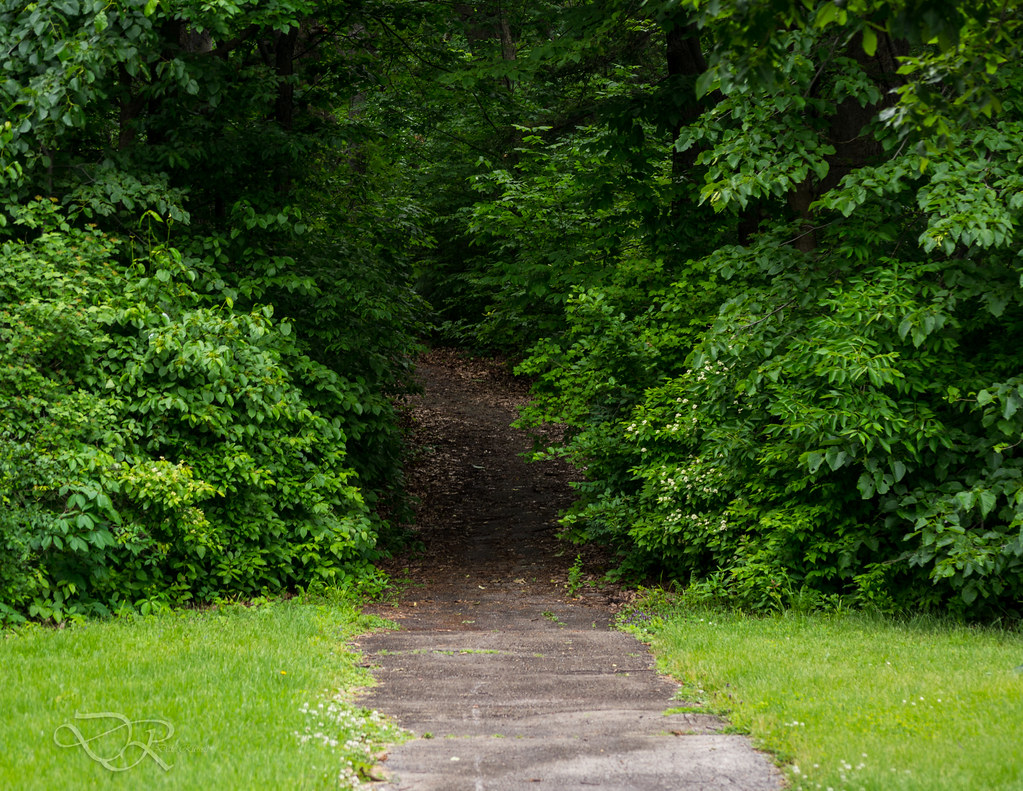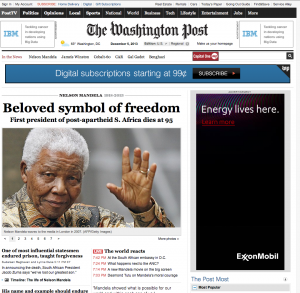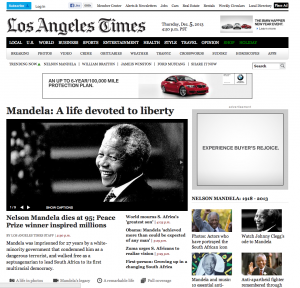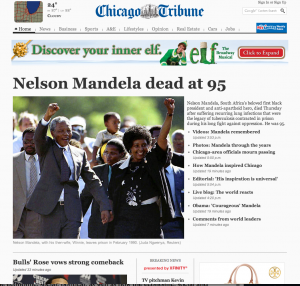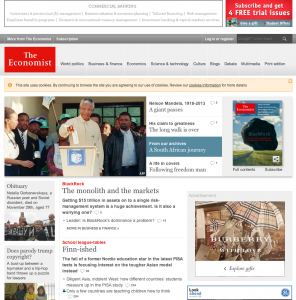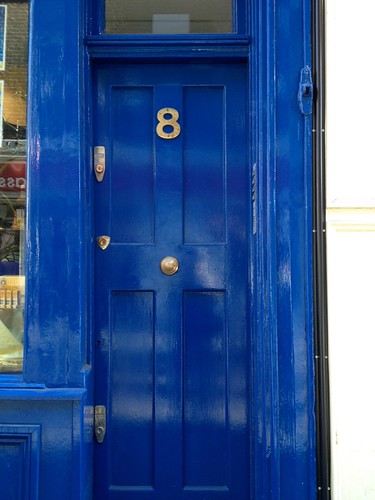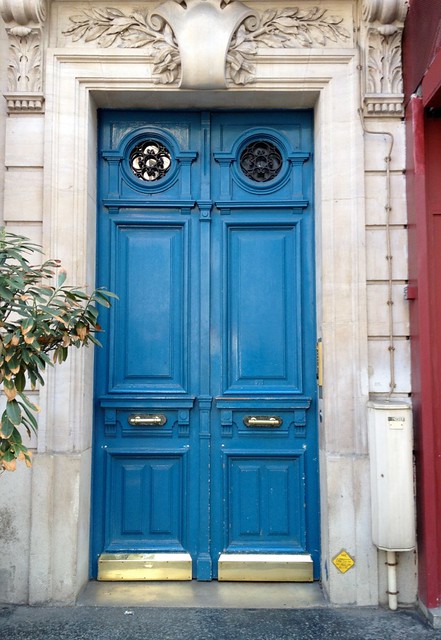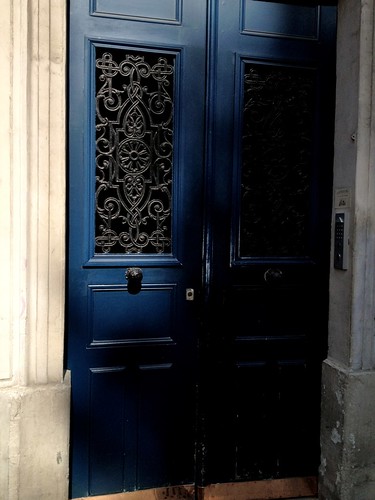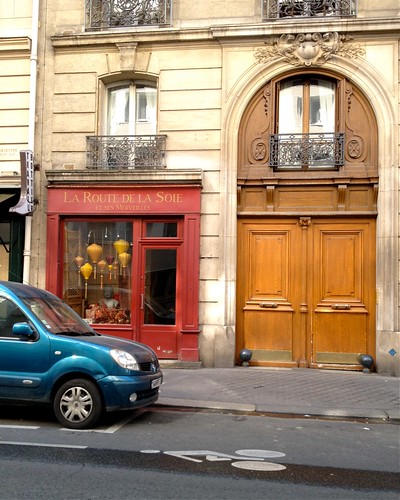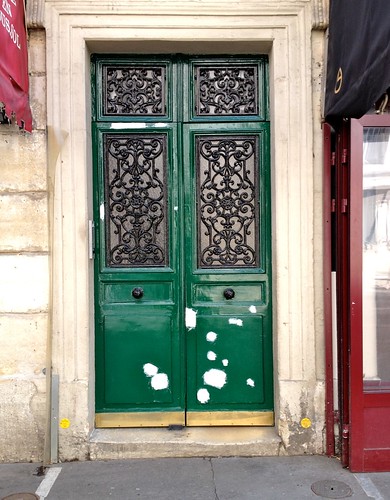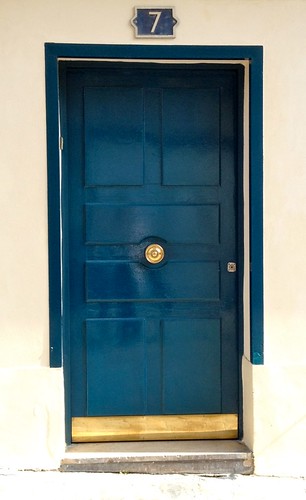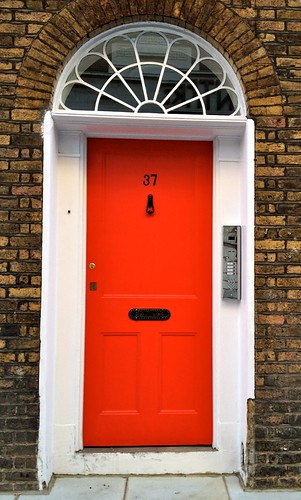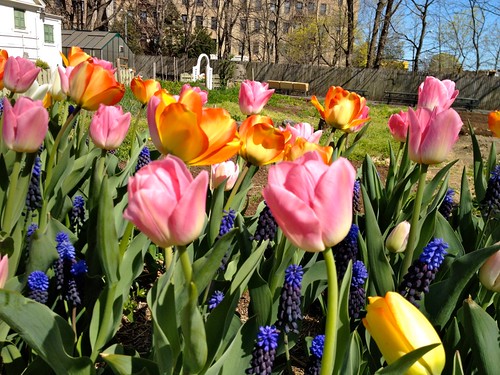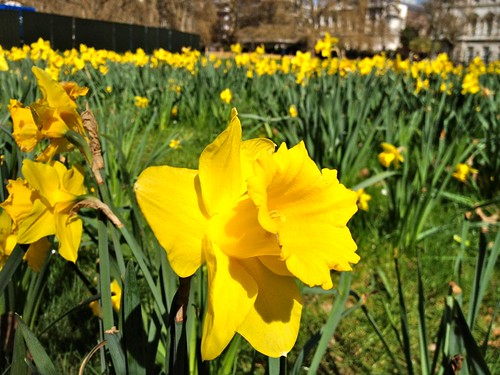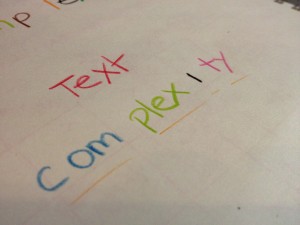Choices
An ordinary story of choice and what’s at stake this election year
I am no longer accepting the things I cannot change. I am changing the things I cannot accept.— Angela Davis
I am not free while any woman is unfree, even when her shackles are very different from my own. ― Audre Lorde
When Roe v. Wade was overturned by the supreme court, I was livid (and remain so). Our rights, our freedoms, our choices - gone - in an instant. The dissenting judges wrote, "young women today will come of age with fewer rights than their mothers and grandmothers.” As I pored over articles about the ruling, it occurred to me that had the court made this decision a few years earlier, a routine procedure I had to undergo- while trying to get pregnant - could have been criminalized and unavailable to me.
When I was 34, my husband and I made the choice to try to have a baby. To our surprise, I got pregnant immediately. The early days of pregnancy are exciting but also nerve-racking, you want to make sure it works out. Before I knew it I was paying attention to everything - where I walked, what I ate, and maintaining my composure. As it was my first pregnancy, I was full of nerves and I started to do what all expectant mothers do - imagine all the possibilities of new life. From the time I tested positive in a Wegmans bathroom stall on our way to a weekend getaway, I treated myself a little more gently. I drank green smoothies and more water than I ever did. I read everything I could. In the fifth week I noticed some bleeding. I called my doctor immediately and they scheduled an early appointment (in those days doctors would not even see you in New York City before the pregnancy was six weeks).
I walked into my ob-gyn’s office assuming things would be okay but then she said the word no expectant mother wants to hear, “there’s no heartbeat”. Her face was cold and expressionless, I was devastated. To be certain, she insisted I travel uptown to another radiologist’s office for a more thorough exam. A little while later I found myself in a dimly lit room tinged with yellow light. This time, the exam was much more invasive, the doctor inserted a wand into my vagina, only for me to hear him say - there was no heartbeat. When I called my ob-gyn, she fired off my choices - “you can have a D&C or you can let it pass.” (A D&C stands for dilation and curettage, a process to remove excess tissue from the uterus which includes miscarriages and abortions.) My ob-gyn rattled off the pros and cons and then told me to call her back: I needed to act fast to avoid complications. I was pacing in the little park near Esse bagel, the only east side spot I knew, trying to decide what to do. I called a close friend who had a D&C a few years back, she walked me through her experience and was gentle with her advice and insights. I called my husband and explained what the doctor had told me, he left it up to me. Out of fear that not attending to the issue could cause more complications, I decided to move forward with the surgery.
Two days later, I glanced up at my husband from a hospital gurney at NYU; I had never been on this side and he seemed worried. When it was over, I joined my sister and two year-old niece on a trip home to New Jersey. I was careful not to pick up my niece or exert myself too much, I felt tired and unsure of myself in my body. Although I had been prepared by my grandmother who suffered many miscarriages during her fertile years, I still couldn’t shake the thought that this was somehow my fault. Was I in the heat too long the week I bled? Should I not have gone on the field trip with my dissertation students? Had I eaten the wrong thing ? What had I done to make my body not conducive to carrying this pregnancy?
For two months I let my body heal and continued writing my dissertation. Then, when I felt ready, we chose to try again. I had signed up for one of those pregnancy apps -where you track everything: your ovulation, your periods, your mood, your diet. Each month, for 10 months I would remain hopeful, and then be disappointed. It was a dizzying time - I found myself trudging along in my dissertation, making frequent visits to my field site in a different city, and constantly evaluating my body and its ability to do the work of getting pregnant. The chaos in my personal life was further complicated by the devastating result in the 2016 election where I found myself making frequent phone calls to senators to implore them not to confirm the radical choices for cabinet members and to stop the Muslim ban. By the end of spring, I had not succeeded in getting pregnant but I had defended my dissertation and was able to walk in my graduation ceremony. Two weeks later my husband and I were on a plane, taking the honeymoon we had put off for six years - two weeks in Italy.
My first night in Montepulciano, in Tuscany, we went to a beautiful restaurant, Pane, Vino, Zucchero, we ate pasta, drank delicious local wine, and got dessert and espresso. Then I did the most radical thing of all - I slept through the night - it was the first full night of sleep I had in four years. I had become an insomniac from the stress of the dissertation that was intensified by the 2016 election. Trying to get pregnant I’m sure didn’t help matters.
A month after we came back from Italy, on a late evening in June, I had a funny feeling. I ran down to the CVS on 93rd street and bought a pregnancy test. When I returned I mumbled some greeting to my husband who was cooking dinner and headed straight to the bathroom. I tore the box open, took the test and waited impatiently for the results. This time, the test was positive, I was pregnant! And, just in time, I was weeks away from injecting a dye to check my reproductive system, something my new ob-gyn had recommended. My body was somehow ready. I went on to give birth to a healthy baby boy. Two years later, I gave birth to our second son.
My story is not extraordinary - but that's precisely the point. I am like millions of women in the United States, trying to make choices that are best for our families. Choices that are no longer available to so many - especially folks from historically minoritized communities - who have less access to women-focused healthcare and whose treatment during and after pregnancy is often extremely traumatic.
I chose to get pregnant, chose to have a D&C to avoid sepsis (and other concerning outcomes), and I chose to try again. My choices. And if I was trying to get pregnant again - depending on where I lived - I wouldn't have those choices - I wouldn’t be as free as I was before.
To live in a country that talks about freedom and then watch those freedoms be stolen by a party who has been hostile to women for decades, makes me furious and devastated, and scared for other women. The new laws around abortion bans are written to criminalize natural processes of the body. The decision to overturn Roe v. Wade is harming many women who want to get pregnant and often women who already have children. And the policies conservatives have in store for women are oppressive- they suggest women can’t speak for themselves and should not have bodily autonomy. And that is unconscionable.
By suppressing women’s ability to make choices about their own bodies, we stifle families from thriving. Indeed the US has long held the belief that women’s maternal health contributes to family wellbeing, so much so that it is touted in our foreign policy and economic development efforts. But - we stop short of adopting the same vision for women domestically. In short, abortion is health care. Having a choice matters. And protecting our rights to choice is about freedom.
Conservative forces aim to squash our choices, our freedoms. In the meantime, women like Amber Thurman will continue to die trying to access the life-saving care that all women deserve. She left behind a 6-year old son who will undoubtedly wonder, why, for his entire life. Why? when there should have been choice.
Women’s human rights and freedoms are on the ballot this year. If you’re a woman- don’t be afraid to vote your conscience. Millions of us are with you.
For more information:
Center for Reproductive Rights
Reproductive Rights from Fed Gov
